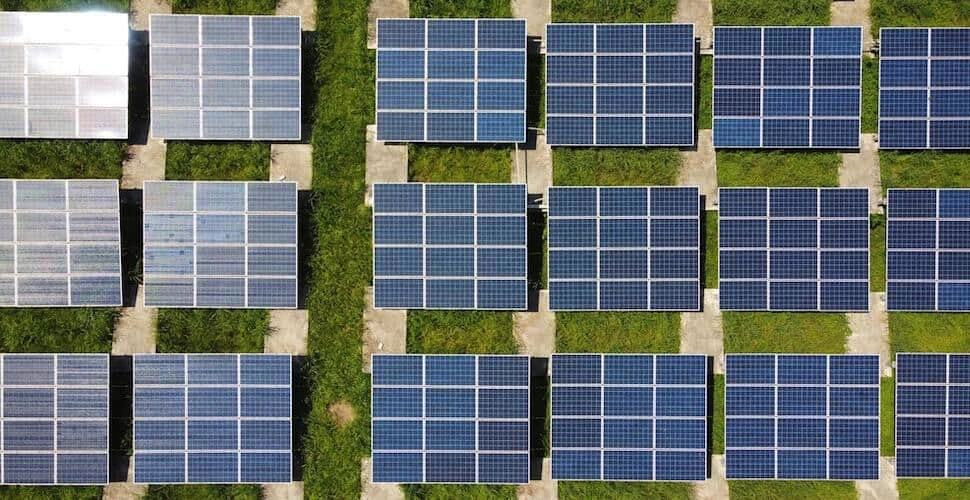The phrase “just transition” is on everybody’s lips in the aftermath of COP27, but in the race toward cleaner energy, are we losing sight of what justice really looks like?
A closer look at solar panel and electric transport supply chains suggest we may be sidelining human rights as we scale up solutions to the climate crisis.
The darker side of solar panels
Experts warn of links between forced labor and solar panel production. Polysilicon is the most common material used in this product, and almost half of the global supply can be traced back to the Xinjiang Uyghur Autonomous Region of China.
The Chinese government is subjecting Uyghurs and people from other Turkic and Muslim-majority ethnic groups to systematic forced labor in detention camps, prisons, and factories. The widespread nature of the abuse means that solar panels from this region are likely tainted.
Martijn Boersma, an associate professor of modern slavery at Western Australia’s University of Notre Dame, tells SBS News:
Solar-grade polysilicon producers are connected to Uyghur forced labour – either directly through participation in state-sponsored forced labour schemes, or indirectly through the sourcing of their raw materials.
The true cost of electric cars
Cobalt is a mineral used in the production of electric cars. Workers are paying the price, in some cases with their lives, of cobalt mining in the Democratic Republic of Congo, where around 70% of the world’s cobalt comes from. Children and adults are subjected to rights violations in this industry, including dangerous working conditions and low or even withheld wages.
The demand for cobalt is expected to rise by up to 25 times the current level over the next 20 years, meaning governments and companies must act swiftly to ensure the transition to green transportation is not facilitating forced and child labor.
Not one or the other – we must do both
Let’s be clear: ambitious climate action is urgently needed. Indeed, the climate crisis itself is causing suffering and exploitation around the world, and especially in the Global South.
But we cannot allow major corporations to profit unscrupulously from the urgent need for climate solutions. We can and must do better.
Boersma writes:
Both solar-grade polysilicon and cobalt are essential for the green energy transition, but we must not turn away from the abusive labour conditions that taint the sourcing of these materials and the manufacturing of solar panels and batteries.
Governments must do their part in regulating these industries and show that they value human lives over company profits. Join us in calling on world leaders to commit to a transition to renewable energy whilst ensuring forced labor in mineral extraction and manufacturing is eradicated.







Freedom United is interested in hearing from our community and welcomes relevant, informed comments, advice, and insights that advance the conversation around our campaigns and advocacy. We value inclusivity and respect within our community. To be approved, your comments should be civil.